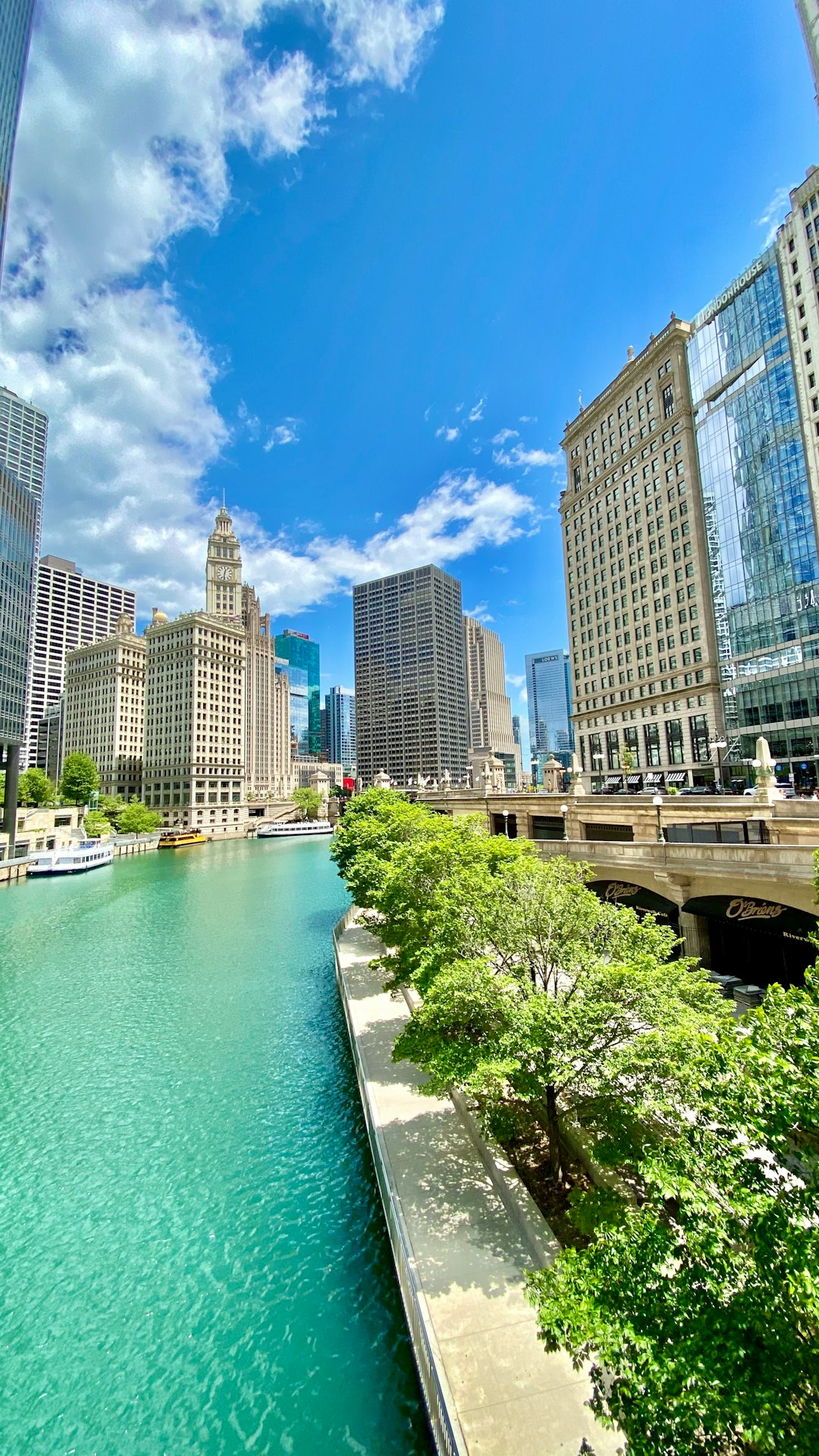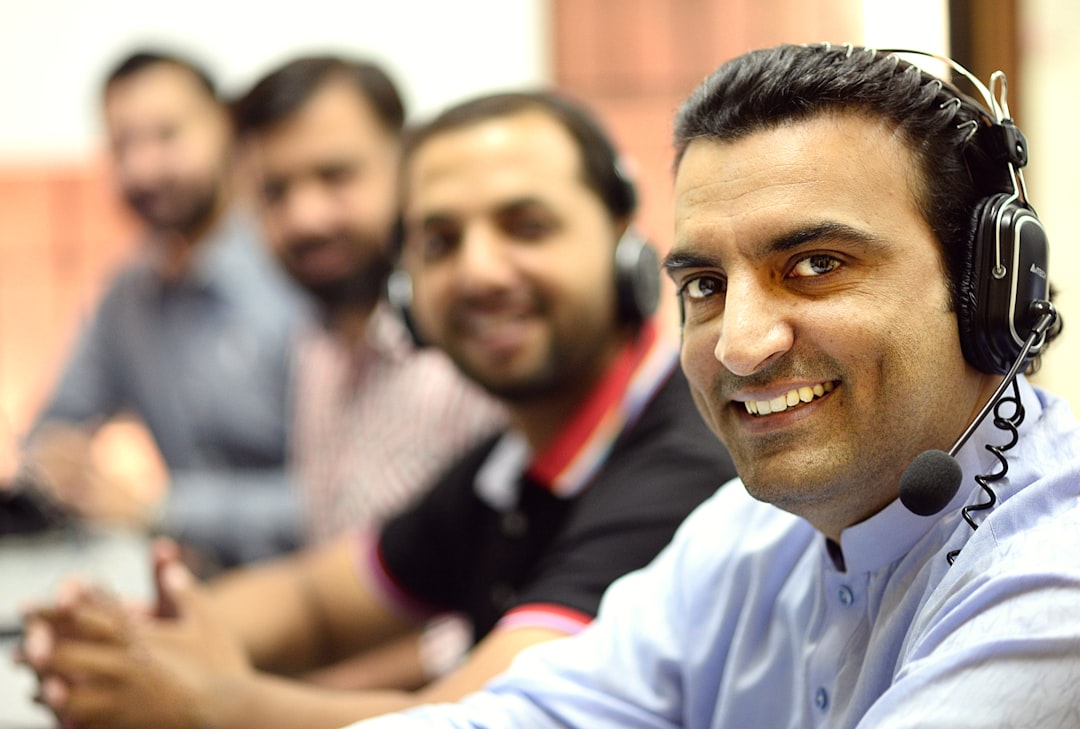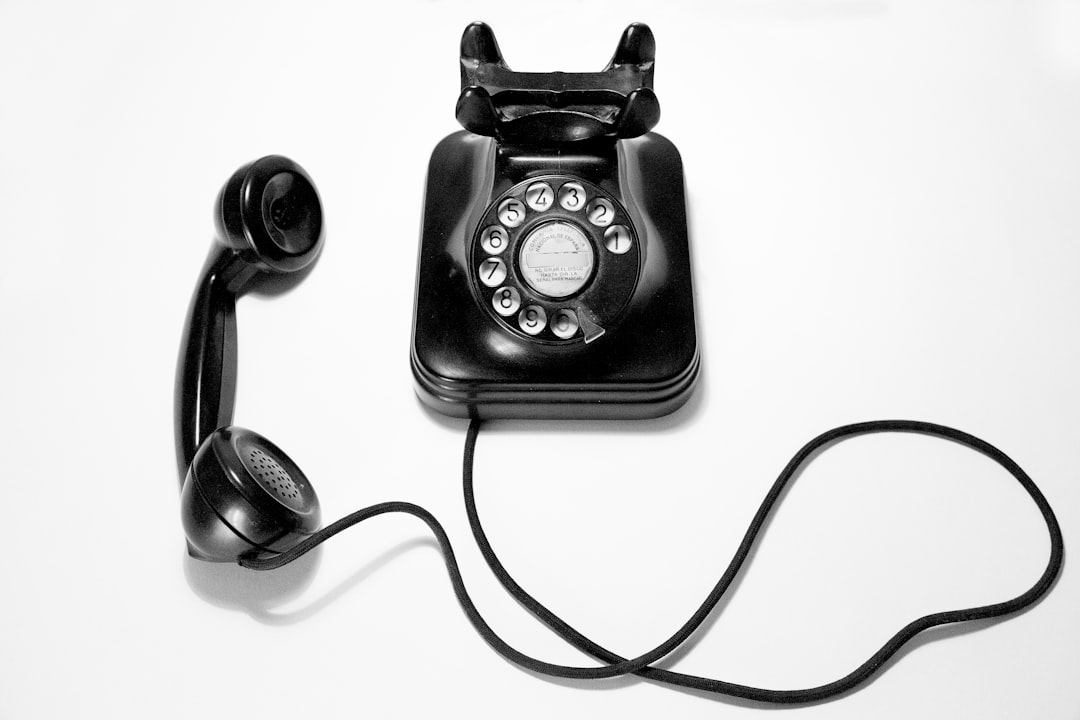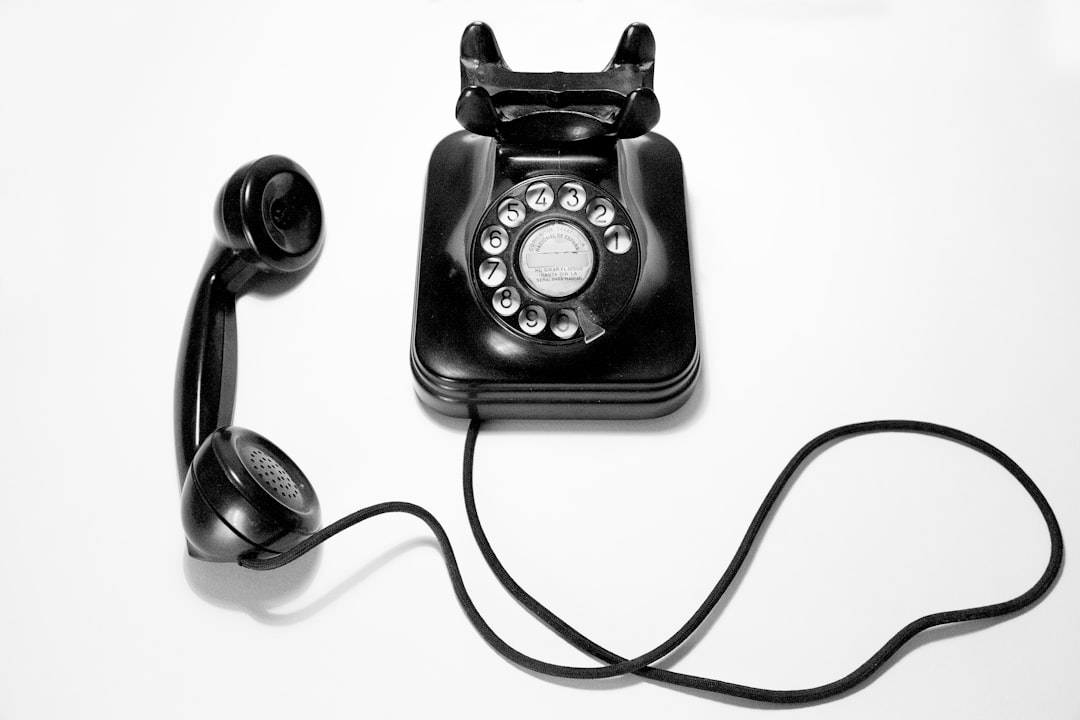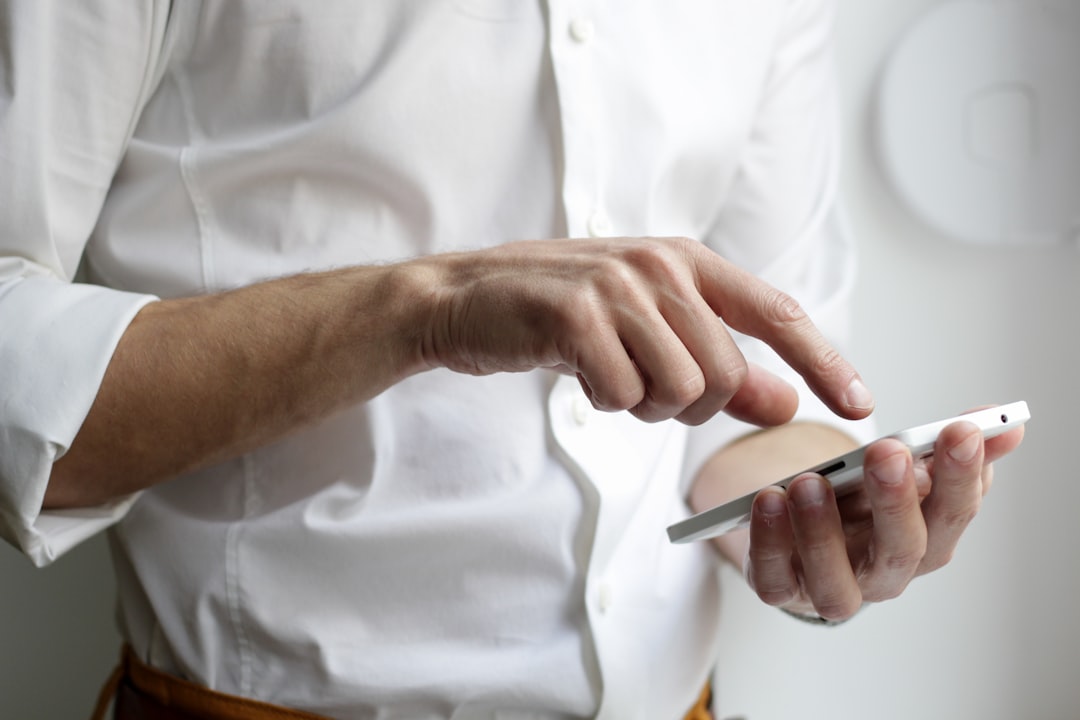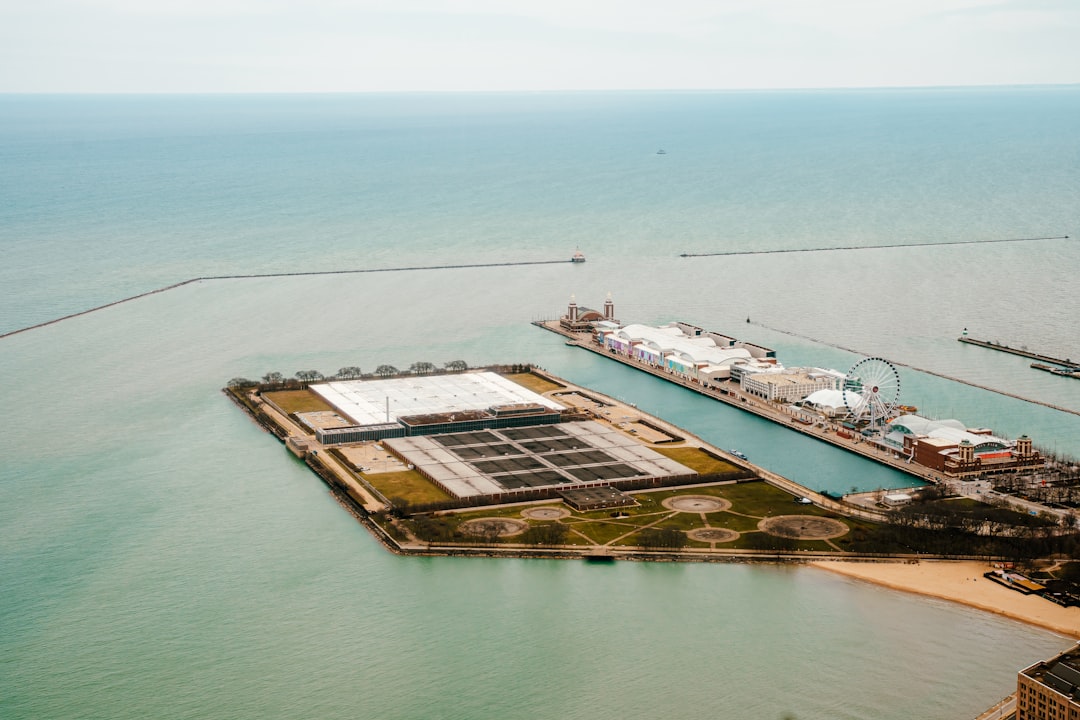In Illinois, including Chicago, the Do Not Call laws protect residents from unwanted telemarketing calls by giving individuals control over marketing communications and ensuring privacy. Charitable organizations are exempt from these restrictions but must register with the Illinois Attorney General's Office, follow strict guidelines on call frequency, content, and obtain explicit consent. Failure to comply risks legal repercussions. Organizations seeking to make charity calls in Illinois must carefully navigate these Do Not Call Laws to maintain donor trust and focus on genuine connections.
In Chicago, as across Illinois, strict Do Not Call laws aim to protect residents from unwanted telemarketing calls. However, charities play a unique role in this landscape due to their essential public service. This article guides you through the intricate world of charitable call exemptions under Illinois’ Do Not Call Laws, detailing the legal framework, eligibility criteria, and application process. By understanding these nuances, charities can effectively reach out while respecting residents’ privacy.
Understanding Do Not Call Laws in Illinois: An Overview
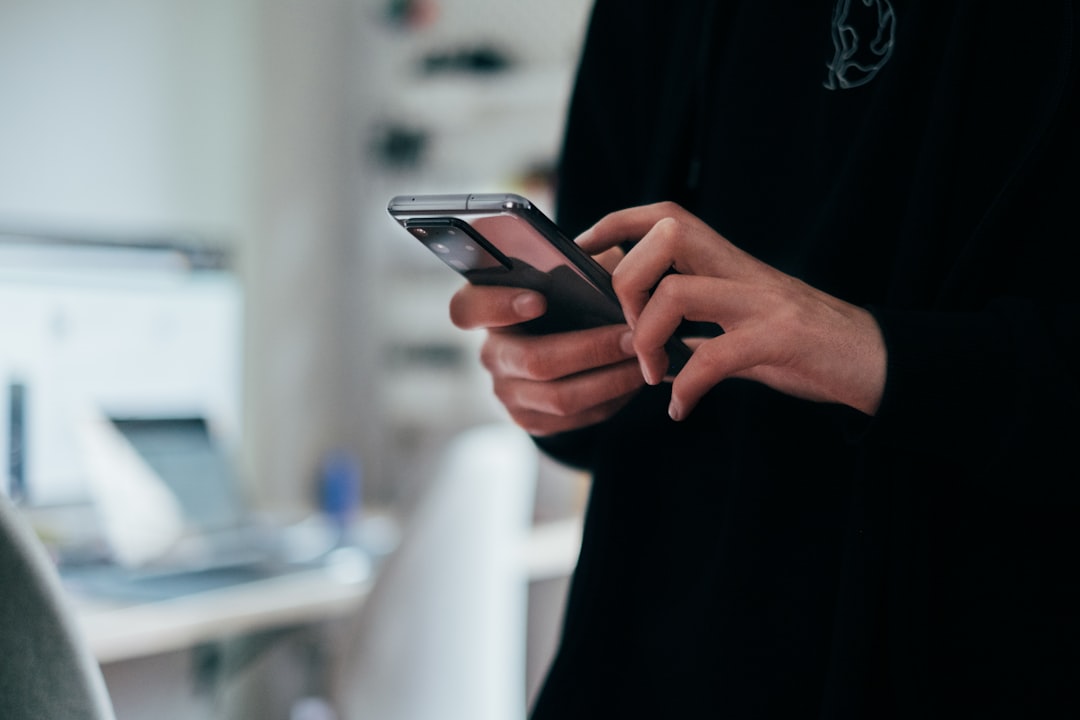
In Illinois, including Chicago, the Do Not Call laws are designed to protect residents from unwanted telemarketing calls and sales pitches. These laws are in place to give individuals control over how they receive marketing communications, ensuring a certain level of privacy. Under the Illinois Do Not Call Act, businesses and organizations are prohibited from making outbound telephone solicitations to numbers listed on the state’s Do Not Call registry. This includes charitable organizations seeking donations.
The key to navigating these regulations lies in understanding exemptions. One significant exemption is for calls made with the consent of the caller, which means individuals have the power to opt-in for charitable calls. Additionally, certain types of organizations, such as those engaged in religious activities or political campaigns, may also qualify for specific exemptions under Illinois’ Do Not Call laws, allowing them to reach out to residents without being subject to the usual restrictions.
Charitable Exemptions: Navigating the Legal Framework
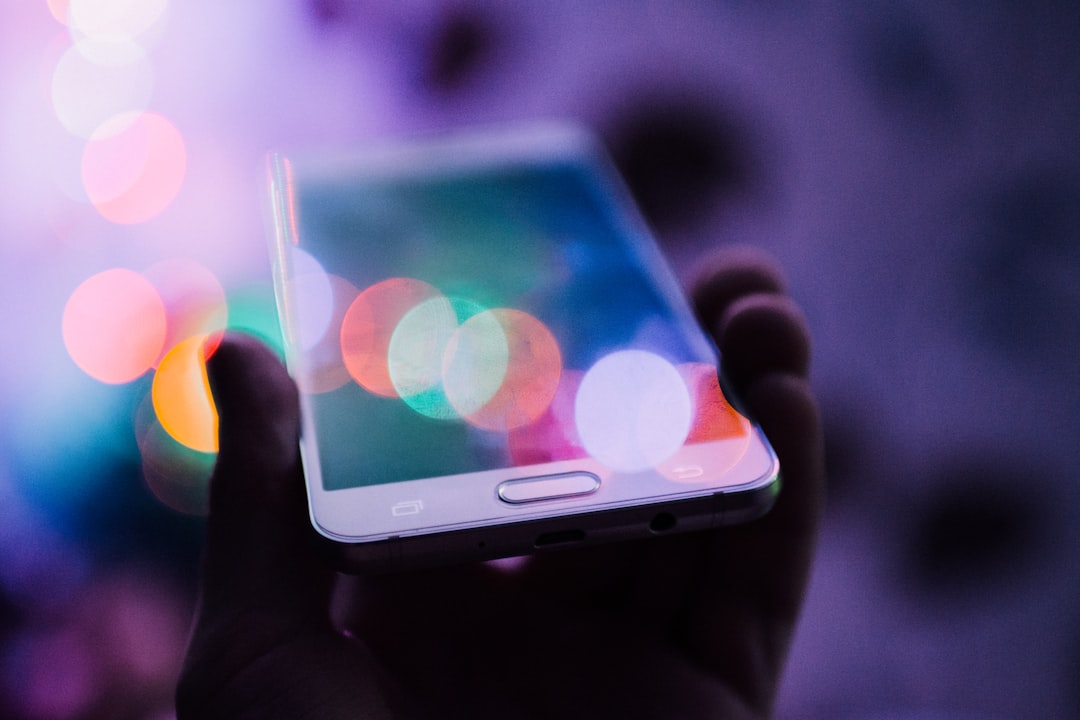
In Chicago, as across Illinois, the Do Not Call Laws are in place to protect residents from unwanted telemarketing calls. However, these laws contain specific exemptions for charitable organizations. Navigating these exemptions requires a clear understanding of the legal framework. Organizations seeking to make charitable calls must be recognized as exempt by the Illinois Attorney General’s Office and comply with strict guidelines regarding call frequency and content.
The exemption process involves submitting an application that details the organization’s purpose, methods for making calls, and how they ensure compliance with Do Not Call Laws. Once approved, charitable organizations can make telemarketing calls to Illinois residents who have not opted out of receiving them. This balance ensures that vital charitable efforts can continue while respecting individuals’ privacy rights.
Who Qualifies for Exemption Under Chicago's Regulations?
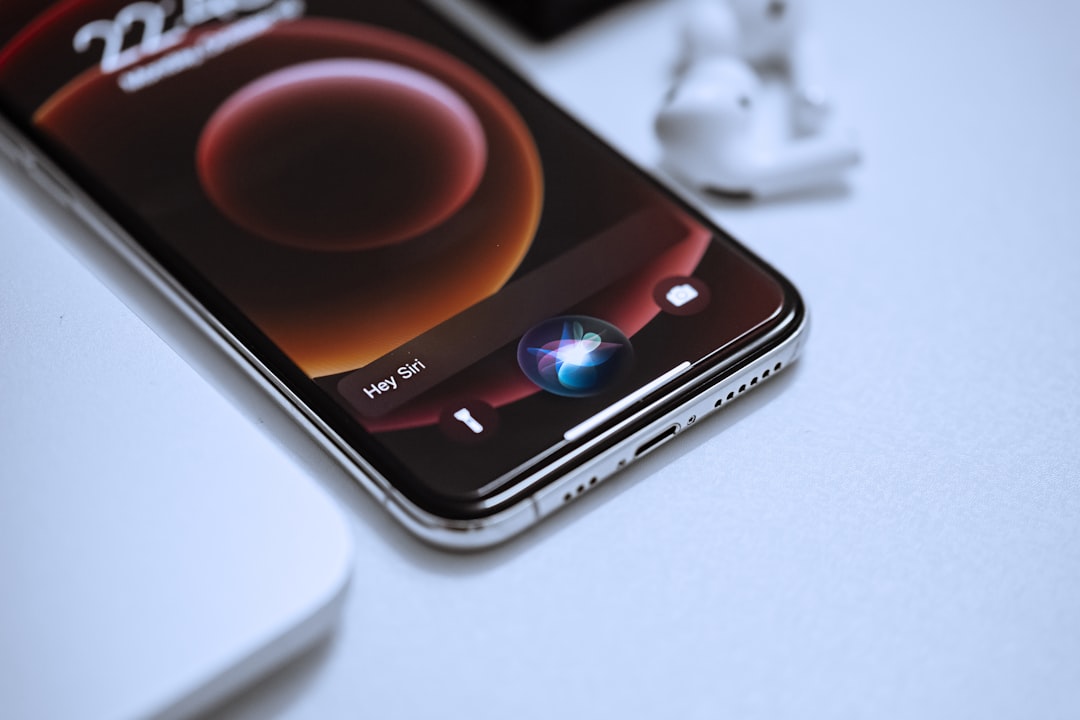
Under Chicago’s Do Not Call regulations, certain organizations and individuals are exempt from complying with the restrictions on telemarketing calls. Qualifications for exemption vary but generally include non-profit organizations, charities, and government agencies involved in public service or emergency communications. To be eligible, these entities must register with the Illinois Attorney General’s office and adhere to specific guidelines set by the state’s Do Not Call Laws.
The exemptions are designed to ensure that vital information reaches residents during times of need. This includes organizations providing healthcare services, financial aid, disaster relief, or other essential community support. Additionally, political campaigns and certain educational institutions may also qualify for exemptions under specific conditions, further reinforcing Chicago’s commitment to balancing consumer privacy with access to critical resources.
The Process of Requesting and Obtaining a Call Exemption
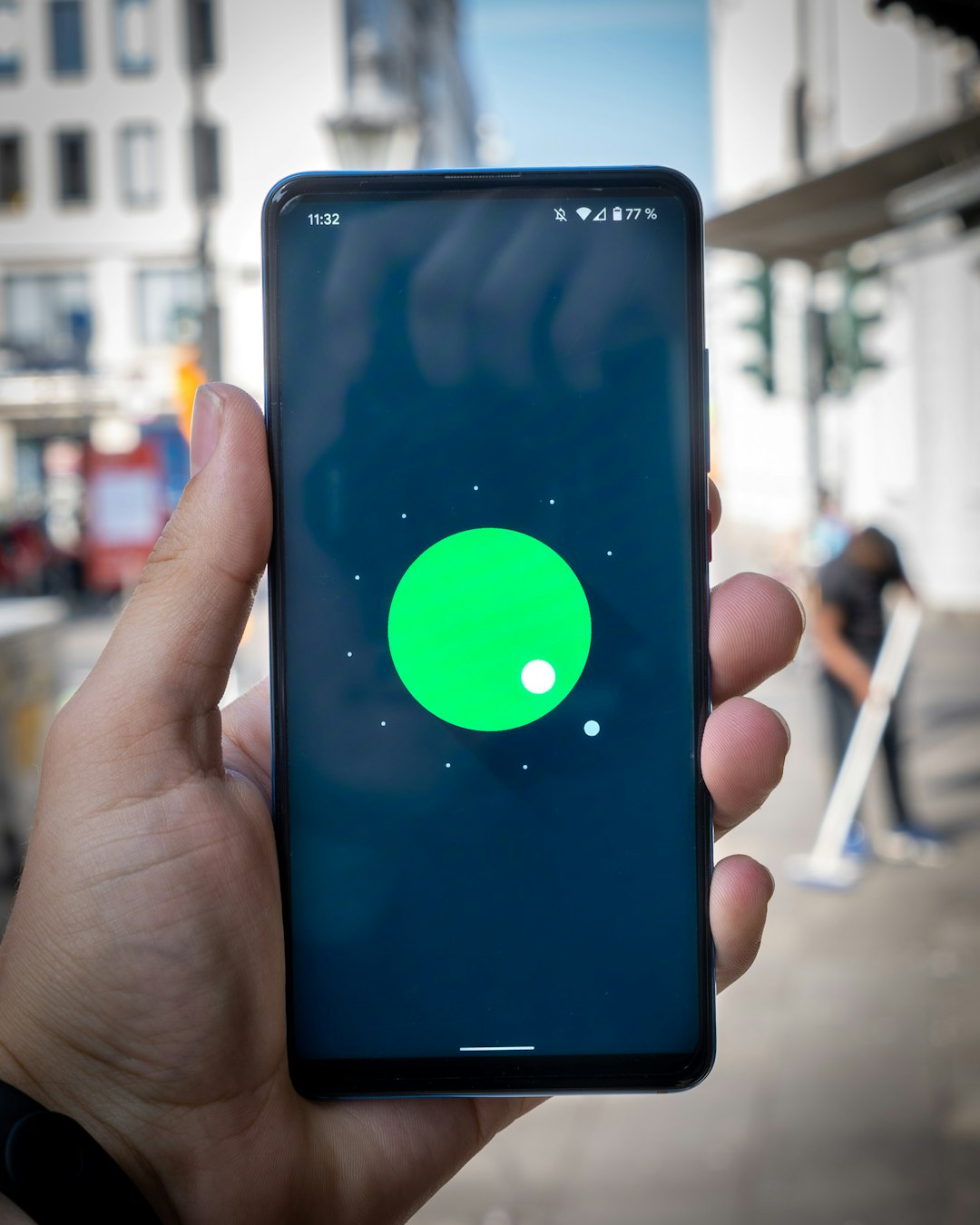
To request a call exemption under Chicago’s Do Not Call Laws, individuals or organizations must first familiarize themselves with the specific regulations outlined in the Illinois Do Not Call Act. This legislation grants residents the right to opt-out of unsolicited sales calls and provides a clear framework for requesting exemptions. The process typically begins by identifying the appropriate regulatory body responsible for handling such requests, which, in Chicago, is often the Illinois Attorney General’s Office or local consumer protection agencies.
Applicants should prepare a formal request detailing the nature of their charitable activities, including the types of calls they intend to make and the benefits these calls will offer to the community. Supporting documentation, such as registration or 501(c)(3) status, may be required. Once submitted, the application will be reviewed, and if approved, the charity receives official confirmation of the call exemption, allowing them to contact residents without fear of violating state regulations.
Common Mistakes to Avoid When Making Charity Calls in Illinois
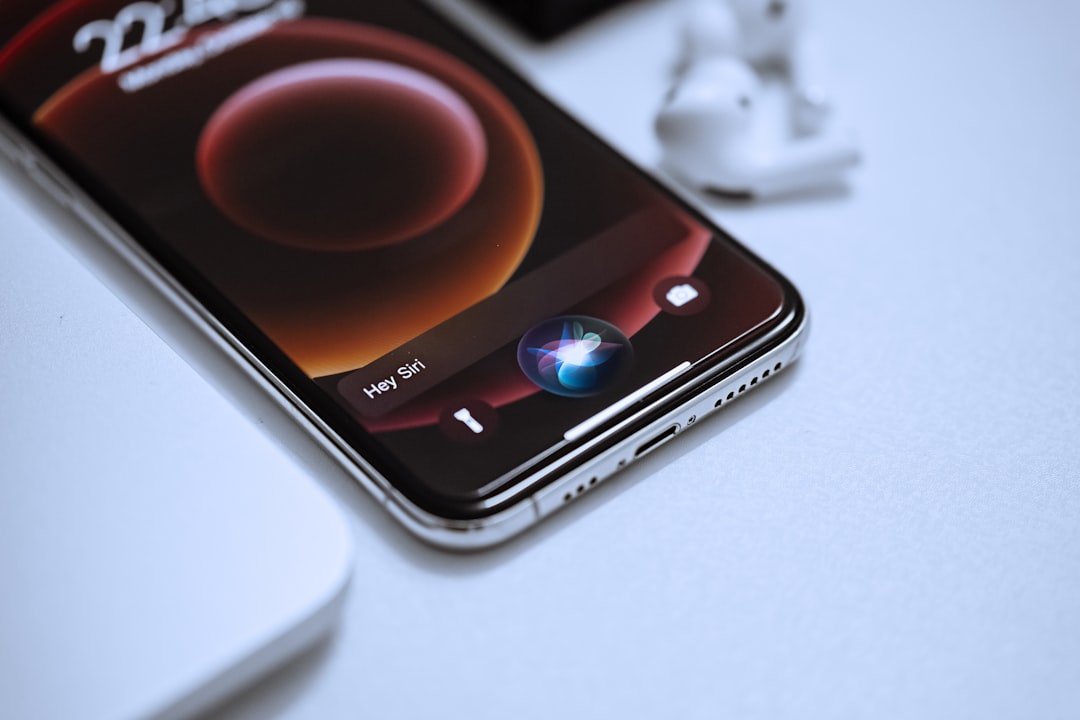
When making charity calls in Illinois, it’s crucial to steer clear of common pitfalls that could land your organization in hot water with the state’s Do Not Call Laws. One major mistake is failing to obtain proper consent from donors or potential supporters before contacting them. Every call should be a voluntary interaction, and without explicit permission, organizations risk being labeled as telemarketers and facing legal repercussions.
Another frequent error is ignoring the specific rules set forth by the Illinois Do Not Call registry. Charities must respect the wishes of individuals who have opted out of calls, ensuring no further contact is made. Additionally, proper call timing and training volunteers on compliance procedures are essential to avoid misunderstandings. Organizations should also be mindful of the information they share, adhering to privacy guidelines to maintain donor trust.
